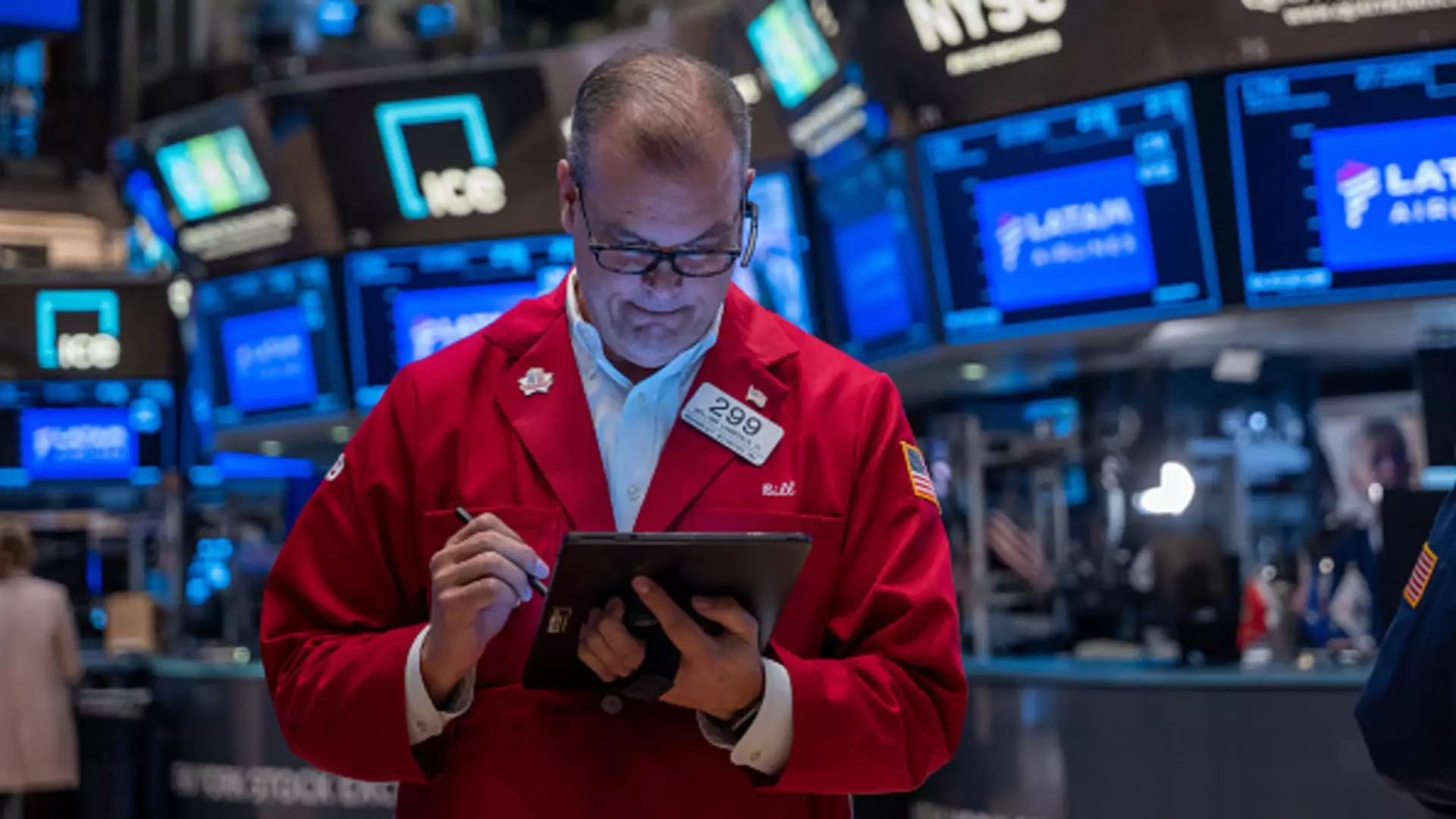In today’s dynamic financial landscape, the performance of stocks and yields can have a profound impact on investor sentiment and market trends. This article delves into notable market movements, specifically focusing on recent fluctuations in the Dow and S&P 500, examines the implications of Treasury yields, and highlights key developments within significant companies in the automotive, beverage, and food sectors.
On consecutive trading days, both the Dow Jones Industrial Average and the S&P 500 faced notable declines, leaving investors on edge. Amidst this backdrop, the October trading sessions have been rife with uncertainty. One significant factor contributing to market volatility is the benchmark Treasury yield, which recently edged above the 4.2% mark. This increase reflects broader concerns regarding inflation and interest rates, igniting apprehension amongst those entrenched in equities.
Investors have been particularly fixated on the 10-year Treasury yield, which emerged as the most searched item on financial platforms such as CNBC.com. With yields on various Treasuries also in focus—such as the two-year at 4.03%, one-year at 4.26%, and the six-month at 4.49%—the fixed-income market reveals a shifting dynamic that suggests investors may be leaning toward safer, more predictable returns amid equity volatility.
As the turmoil in the stock market unfolds, particular companies have drawn significant attention from analysts and investors alike. Starbucks recently faced a challenging situation, witnessing a roughly 4% decline in its stock during extended trading hours following disappointing sales reports and uncertain guidance for fiscal 2025. The coffee giant’s announcement to suspend financial forecasts amid declining same-store sales poses daunting questions about its future performance and market strategy.
In contrast, McDonald’s found itself in a precarious predicament after the CDC revealed 49 cases of E. coli allegedly linked to its products. The fast-food chain has subsequently halted the use of specific ingredients in several states, leading to a sharp downturn of approximately 6% in after-hours trading. The sudden link to foodborne illness significantly echoes a past crisis faced by Chipotle, showcasing how such events can tarnish reputations and impede stock recovery.
Amidst the broader market fluctuations, individual stocks reveal a varied array of responses. For instance, the aerospace giant Boeing recorded a 5% upturn over the past week. However, it remains roughly 40% away from the peak it achieved last December. The uncertainty surrounding possible labor negotiations and recent remarks from union leadership further complicate Boeing’s immediate outlook as it aims to recover lost ground.
Meanwhile, Coca-Cola prepares to disclose its quarterly earnings report, generating interest due to its 7% increase over three months and a current position that is 5.5% shy of its recent high. This upcoming announcement will be scrutinized closely, especially as the beverage industry’s performance can often be seen as a barometer for consumer spending and economic sentiment.
Within the technology sector, giants such as IBM and Tesla are also navigating a challenging terrain. IBM boasts a remarkable 26% surge in its stock price over the last three months, indicating investor confidence in its strategies and innovations. Conversely, Tesla has seen a decrease of around 13% in the same timeframe, primarily reflecting concerns over production capabilities and market competition.
In addition, various other companies, from industrial sectors like United Rentals to tech firms like ServiceNow, are expected to present their quarterly figures shortly. Both are including further narratives into the larger economic discourse as they adapt to fluctuating market demands and embrace new opportunities in a post-pandemic world.
As the financial markets continue to experience heightened fluctuations, stakeholders are urged to stay vigilant and informed. The trends observed recently suggest a potential pivot in investor preferences toward safer assets as a combination of economic pressures and corporate challenges unfold. With key earnings reports on the horizon, it remains critical to analyze how these corporate narratives will shape market sentiment. The interplay between Treasury yields, stock performance, and company-specific news will ultimately guide the financial landscape in the coming sessions, demanding careful observation from investors and analysts alike.

